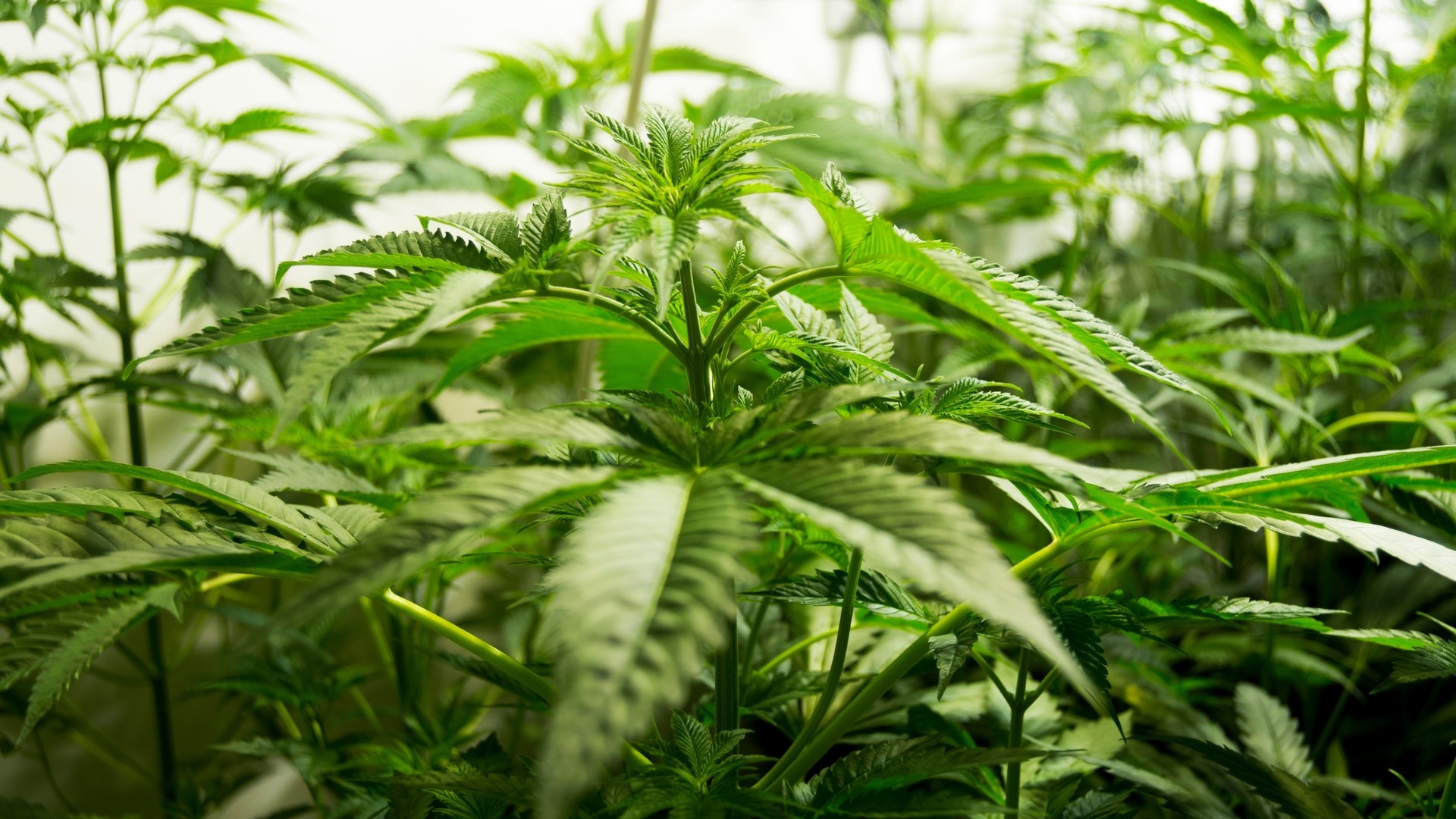Marijuana, also known as cannabis, has been a topic of discussion and debate for decades. With its increasing legalization and use for both medicinal and recreational purposes in various parts of the world, it’s essential to understand its effects on the human body and mind. In this blog post, we’ll delve into the effects of marijuana and shed light on what it makes you do.
The effects of marijuana can vary depending on factors such as the individual’s tolerance, the strain of marijuana consumed, the method of consumption, and the dosage.
Some common effects of marijuana use may include-
1. Euphoria and Relaxation
One of the most well-known effects of marijuana is the feeling of euphoria or a “high.” This sensation is primarily due to the psychoactive compound THC (tetrahydrocannabinol) found in cannabis. THC interacts with the brain’s endocannabinoid system, altering neurotransmitter release and leading to feelings of relaxation, happiness, and euphoria.
2. Changes in Perception and Sensory Experience
Marijuana can enhance sensory perception, leading to alterations in how individuals perceive time, sound, touch, and taste. Colors may appear more vibrant, music more profound, and sensations more intense. These perceptual changes contribute to the recreational appeal of marijuana for some users.
3. Increased Appetite
Another common effect of marijuana is an increase in appetite, often referred to as “the munchies.” THC interacts with brain receptors that regulate hunger, leading to heightened cravings for food. While this effect can be enjoyable for recreational users, it also has therapeutic potential for individuals struggling with appetite loss due to medical conditions or treatments like chemotherapy.
4. Impaired Coordination and Motor Skills
Marijuana use can impair coordination, balance, and motor skills, affecting tasks that require precise movements and quick reflexes. This impairment is why operating machinery or driving under the influence of marijuana is strongly discouraged and, in many places, illegal. It’s essential to prioritize safety and avoid potentially dangerous activities while under the influence.
5. Cognitive Effects
Marijuana can impact cognitive function, including memory, attention, and decision-making. Short-term memory impairment is a common side effect, making it challenging to recall recent events or information. Additionally, some users may experience difficulty concentrating or making decisions while high.
6. Potential Anxiety or Paranoia
While many users report feelings of relaxation and euphoria, some individuals may experience anxiety, paranoia, or even panic attacks after consuming marijuana, especially at higher doses or in sensitive individuals. These adverse psychological effects can be distressing and may deter some individuals from using marijuana.
7. Medical Benefits
Beyond its recreational use, marijuana also has significant medical potential. It has been used to alleviate symptoms associated with various medical conditions, including chronic pain, nausea, muscle spasms, and inflammation. Cannabidiol (CBD), another compound found in marijuana, has gained attention for its potential therapeutic effects without producing a high.
8. Dependency and Addiction
While marijuana is often considered less addictive than substances like alcohol or nicotine, it’s not without risk. Some individuals may develop a dependency on marijuana, experiencing withdrawal symptoms when attempting to quit. Regular, heavy use of marijuana can also lead to addiction in susceptible individuals, impacting various aspects of their lives.
Note: It’s important to note that the effects of marijuana can vary widely from person to person, and not everyone will experience the same effects. Additionally, marijuana use can have potential short-term and long-term health risks, particularly with heavy or prolonged use. It’s always advisable to use marijuana responsibly and in accordance with local laws and regulations.
This article is written for informational purposes only. We do not claim or endorse the use of marijuana. Please consult with a healthcare professional for personalized advice.











